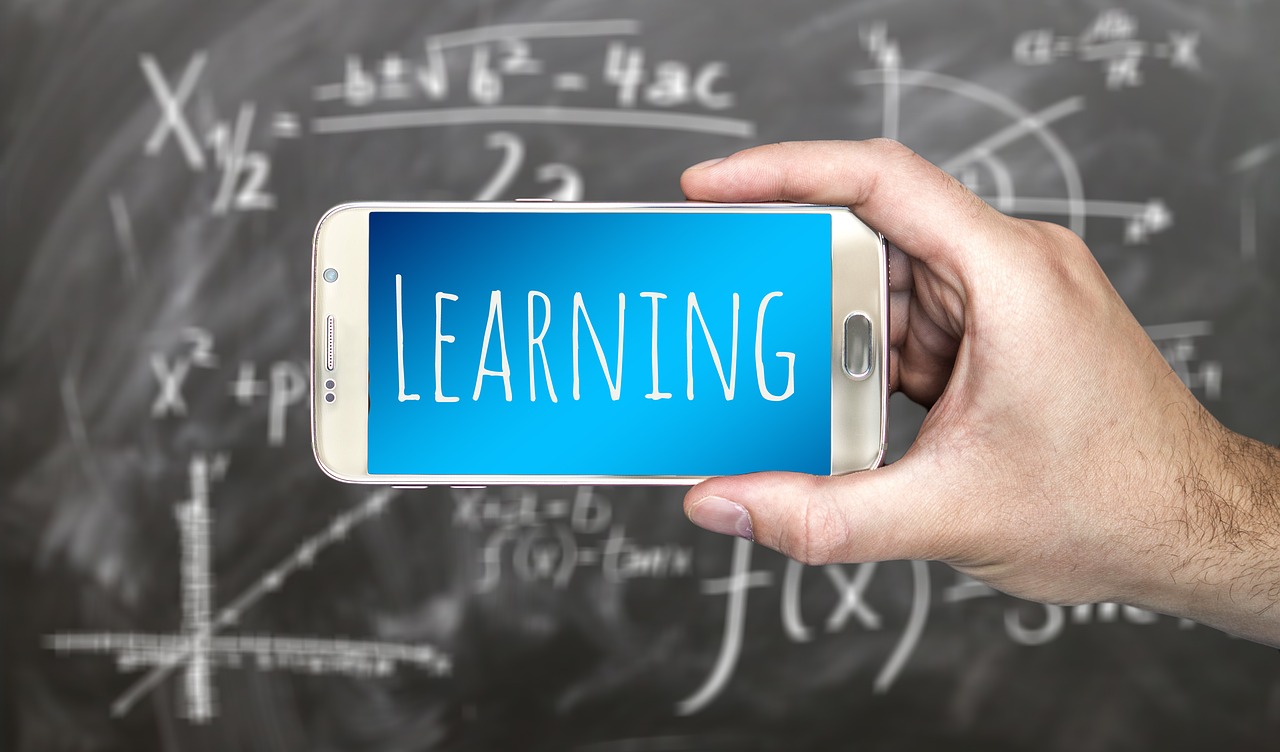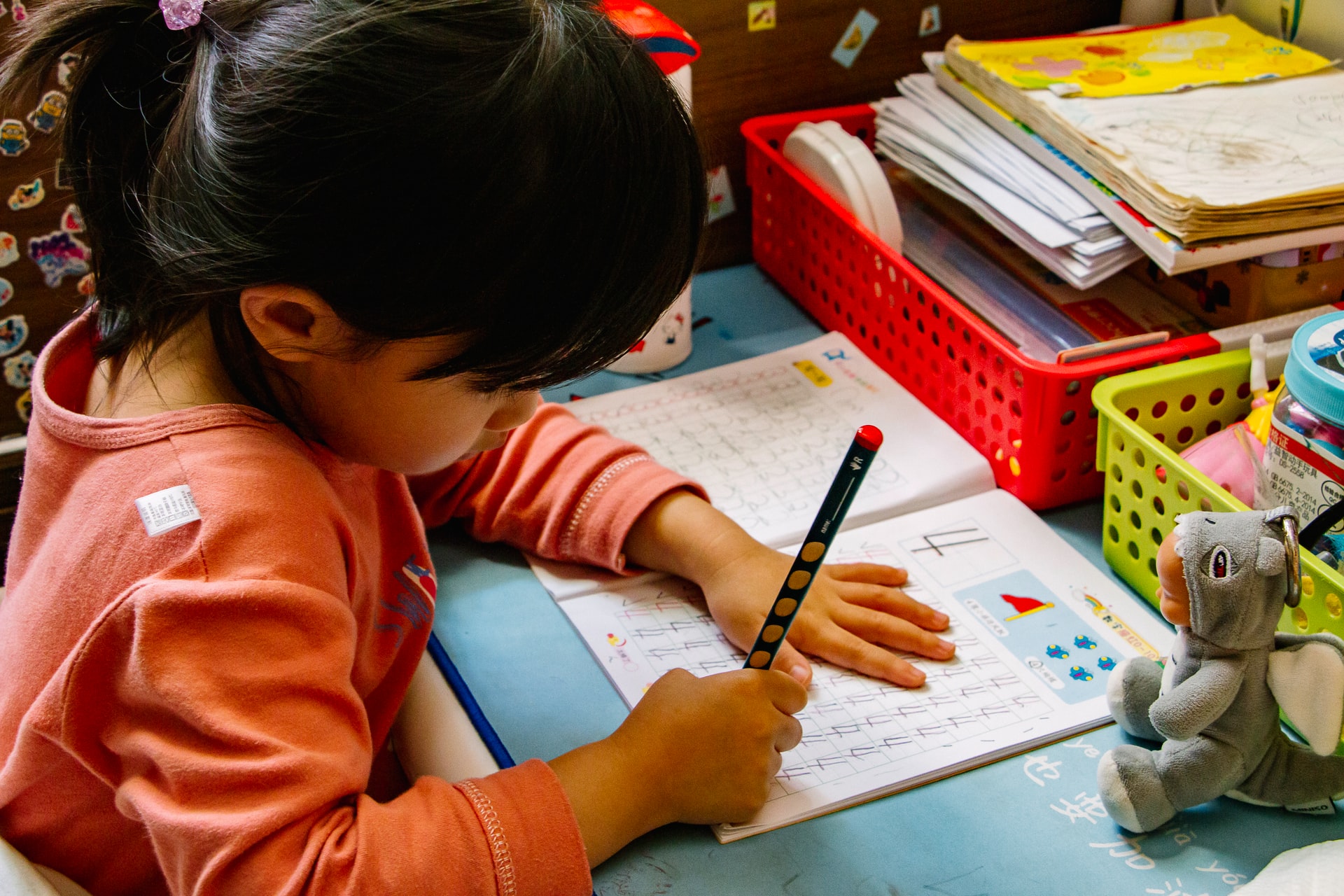Classroom and At-Home Accommodations for Dyscalculia

If you have a child struggling with basic math skills and you’ve done everything else to resolve the situation yet it persists, the child might be suffering from Dyscalculia. Dyscalculia is a learning disorder typified by an inability to grasp basic math skills. The peculiar thing about this learning disorder is how it seems only to concern itself with foundational math skills. Lots of people living with this disorder will go on to learn advanced mathematical principles and concepts without any problems. Although manifestations of Dyscalculia will differ from person to person, another symptom commonly associated with the disorder is visual-spatial struggles or difficulty in processing what they hear.
It does not matter whether you are a parent or a teacher; if you are looking for the right accommodations needed to aid students with Dyscalculia, you have come to the right post. These are some steps you can take both in the classroom and at home to ease learning for students with Dyscalculia.
Classroom Accommodations
To meet the learning outcomes required in the classroom, students with dyslexia need access to appropriate support. They include:
- Students with Dyscalculia need a quiet place to work. Give them a suitable space.
- Since they can take some time to get things done, give extra time during tests.
- Make available the option to record lectures.
- They will need to use a calculator during tests.
- Allow for in-school tutoring, as well as assistance with homework.
- A student with Dyscalculia should be allowed to spend considerable time in the math resource room.
- Students with Dyscalculia can excitingly learn essential math skills with math apps and games. Make this option available.
- They need more graph papers to help keep the columns and numbers in line.
- Allow access to formula sheets.
- Make sure you review previous topics before moving on to a new one.
- Always keep sample problems on the board for longer than usual.
- Check in with the student periodically to know if they understand what is being taught.
- You can also help a student with Dyscalculia by highlighting the numbers or keywords on word problems.
- Let the student make use of multiplication tables.
- Always list the formulas and break down the steps needed to solve a problem.
- Allow for the use of a chart containing math facts.
- It’s advisable to use talking scales or tape measures.
- Break worksheets down into smaller, easier-to-understand sections.
- Pre-measurement guides or jobs are beneficial.
At Home Accommodations
While school accommodations provided by teachers of students with Dyscalculia are beneficial, parents at home must also play their part in helping the student meet their learning outcomes in math. These are some of the accommodations parents are expected to provide at home:
- Be patient, kind, and understanding with your kid. They’re probably already frustrated with themselves. Your actions or inactions should not aggravate it.
- Help with their homework.
- Wherever you can, point out the math to the student.
- Just as the student requires a quiet place to work at school, parents should provide a quiet environment at home to make math homework easier to solve.
- As you spend time with your child, observe how they work and the pace with which they work. Then use this knowledge to manage their time effectively.
- Grant them access to a calculator.
- Let them play math games. Preferably, play with them.
Learning disabilities are not death sentences, and they certainly do not mean students living with them will not go on to achieve great things in life. Suppose all parties involved put these accommodations in place. In that case, students with Dyscalculia can have an everyday learning experience like everyone else.






